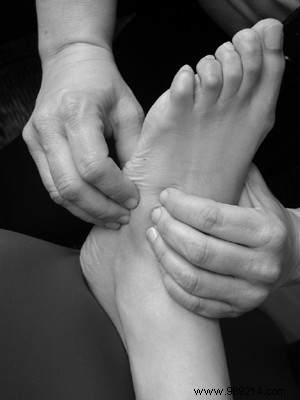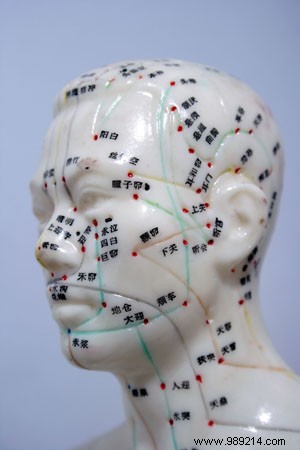
Alternative medicine, or alternative medicine, encompasses a certain number of so-called "non-scientific" specialties, i.e. whose effectiveness is not recognized in the eyes of science, unlike conventional medicine. Very controversial by some, accepted by others, praised by regular patients, the debate about it is lively...
Despite everything, many French and Europeans choose these therapies and some are even covered by health insurance; what are they and what do you think? Here is a small list of the most common non-conventional medicines:
Among this list, only acupuncture and homeopathy are legal medical orientations recognized by the Academy of Medicine. The others are not strictly speaking illegal because if there is no recognized diploma for these specialties, they can be practiced by a qualified doctor in a complementary way. Their effectiveness has not been scientifically proven, but qualitative studies attest, for the most part, to a beneficial contribution to patients. Moreover, many health mutuals cover part of the costs of these medicines that are not officially recognized.
In reality, if "conventional medicine" is the term used by the European Commission, the expressions soft, alternative, complementary medicine or parallel or natural medicine are all names for these same practices, without nuance of meaning. It is then necessary to distinguish between methods based on ancestral traditions (e.g. Chinese energy medicine, bonesetters) and other specialties that appeared before the advent of the scientific probation method (hypnosis), from methods that boil down purely and simply to quackery. The debate focuses on this subject:are the practitioners of these "unconventional" medicines charlatans ? Some "believe" in their virtues, others do not, still others seek treatment without any particular conviction but note results. Note that the placebo effect is an important parameter in alternative medicine.

The accusation of charlatanism made by some does not seem justified for the list quoted above, indeed, whether it is a question of methods of secular origin or more recent, there is one or more formations, even specialized schools for each of them. But we must distinguish the homeopath for example, who is necessarily a doctor, whose medical practice of his specialty, homeopathy, is recognized by the council of the College of Physicians. Besides, the others, if they are not doctors at the base, it is a question of "therapist":one does not improvise therapist and a diploma, compulsory to practice, must attest to the capacities of this one. The only problem is that these diplomas are not recognized by the State or by the Order of Physicians (paradox since the schools and training courses are perfectly official and legal):it is a matter of recognition, validation grounded and controlled, from the point of view of the practicing "community".
Other disciplines, moreover, such as bioenergetics, domology, iridology, dowsing, are qualified as pseudo-medicine when they wrongly boast of a scientific status that they do not have (jargon, diagnostics, etc.). .). These methods and many others, for example shamanism, may seem invented from scratch or staged because they do not have the physical support that is the body, and call for certain beliefs considered eccentric (life after death notably). It is the sectarian therapeutic excesses of certain practices that are often pointed out and which, indeed, must awaken everyone's vigilance:the Miviludes (Interministerial Mission for Vigilance and the Fight against Sectarian Abuses) is there in particular to fight against the gurus therapies.
To date I have personally tested homeopathy and osteopathy (regularly), chiropractic, fasciatherapy, magnetism. I was moderately convinced by chiropractic, effective at the time (ideal if you have a blocked back) but which does not provide lasting relief and has the disadvantage of not being reimbursed at all. Finally, I rely on magnetism by family belief (associated with healers and bonesetters). And you, what have you tried?!